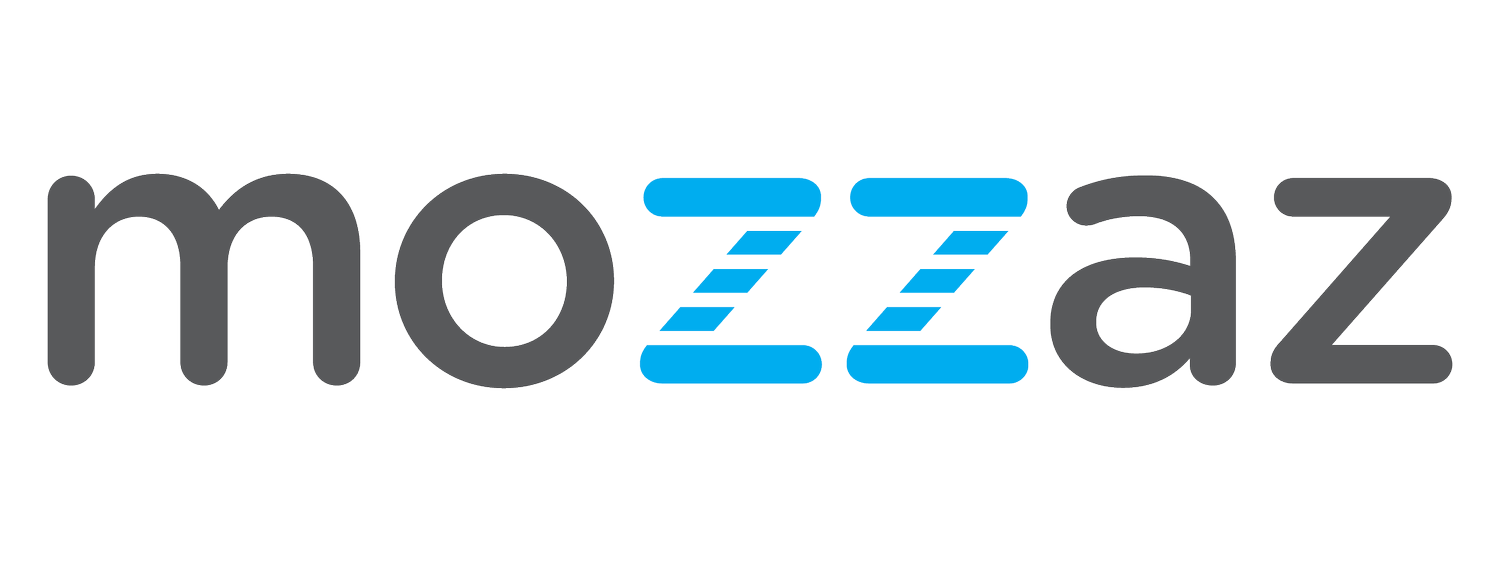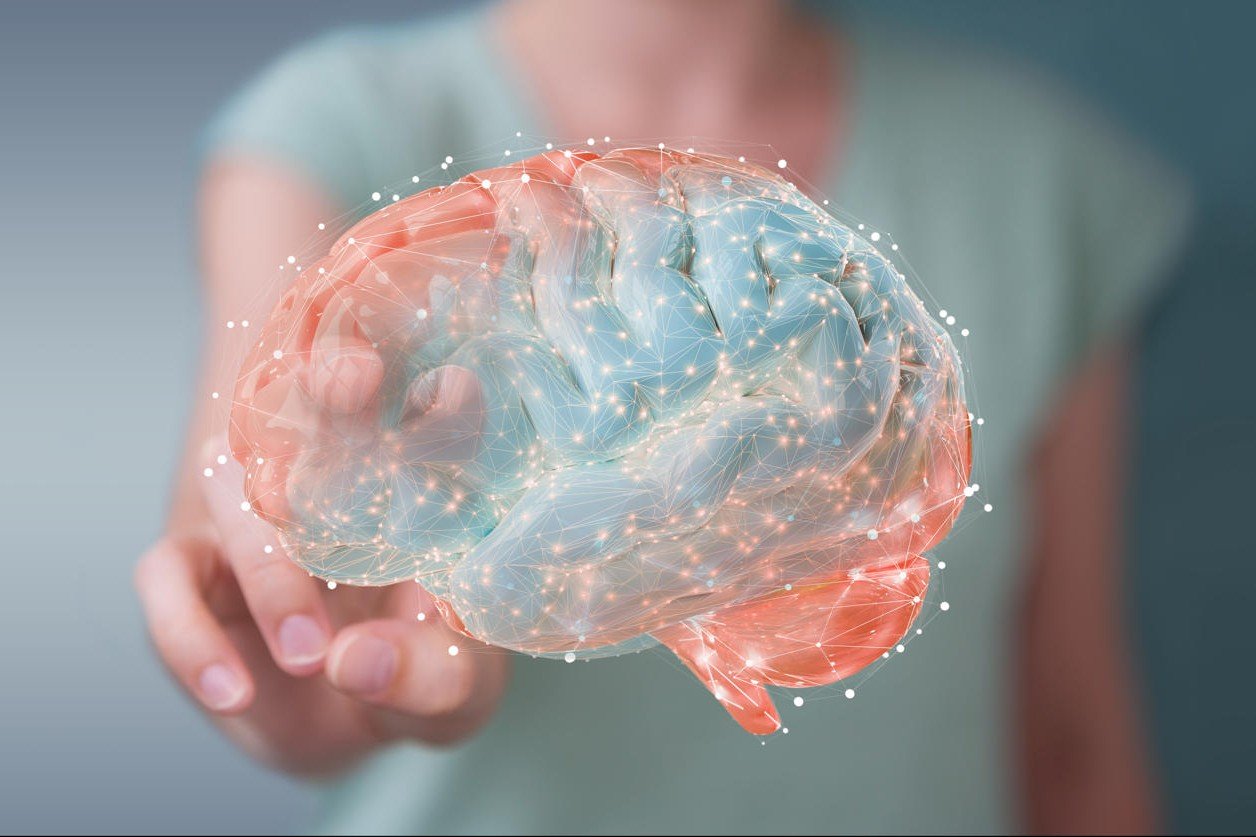Artificial Intelligence Will Reshape Healthcare
Whether or not self-driving cars are the way of the future, artificial intelligence is now a fact of life. Once a theoretical hope, we have successfully created machines that mimic human cognitive behavior. They recognize patterns, learn, and form conclusions. For all intents and purposes, they think.
Innovators and researchers are racing to apply artificial intelligence-based problem solving to real-world healthcare challenges, and we all stand to win. Intelligent machines will bring about radical changes to the sector, affecting areas as diverse as medical diagnosis, therapy, care planning, and hospital administration.
AI driven robots can perform surgery. Future proliferation of this technology could significantly widen the availability of skilled surgeons.
AI will make predictions to help guide our decisions. Computers will be used to generate treatment protocol suggestions, to predict success rates of interventions, to efficiently screen populations for nascent diseases, and to guide speculation in pharmaceutical development.
AI has already matched or outperformed humans in some forms of medical diagnosis, even saving lives by successfully diagnosing disease where conventional methods failed.
AI can recognize disease. A machine learning tool developed at the University of Virginia School of Medicine processed thousands of images of biopsies and learned to distinguish between environmental enteropathy and celiac disease. AI has also been used to flag potentially cancerous lesions in radiology images.
AI can hold conversations. Machines can now extract meaning from natural language sentences and respond appropriately. They have even been trained to recognize emotional ‘moods’ in written text. The future may include chat bots that work as personal one-on-one life coaches, mental health therapists, behavioral therapists, occupational therapists, speech-language pathologists, tutors, and personal trainers.
AI can do paperwork. It can read written forms and translate them into digital data. It can read loose notes and extrapolate information into more structured formats. It can prepare reports.
It is impossible to predict the full ramifications of this new technology for our health, but it is exciting to consider the implications for human health in the decades to come. Artificial Intelligence is quickly moving from science fiction into daily life. Soon machines will think along with you at work, at home, and at the doctor’s office.

